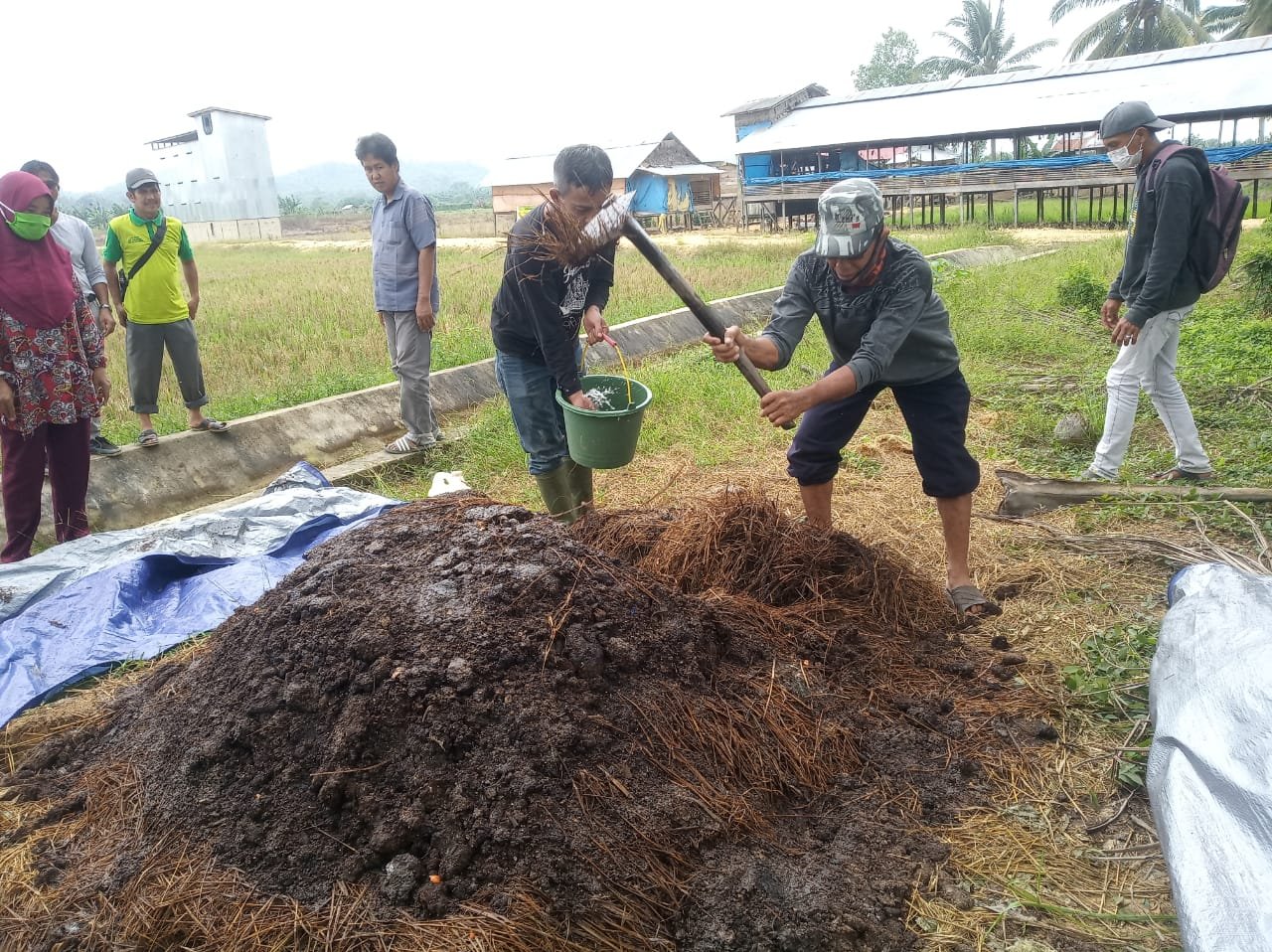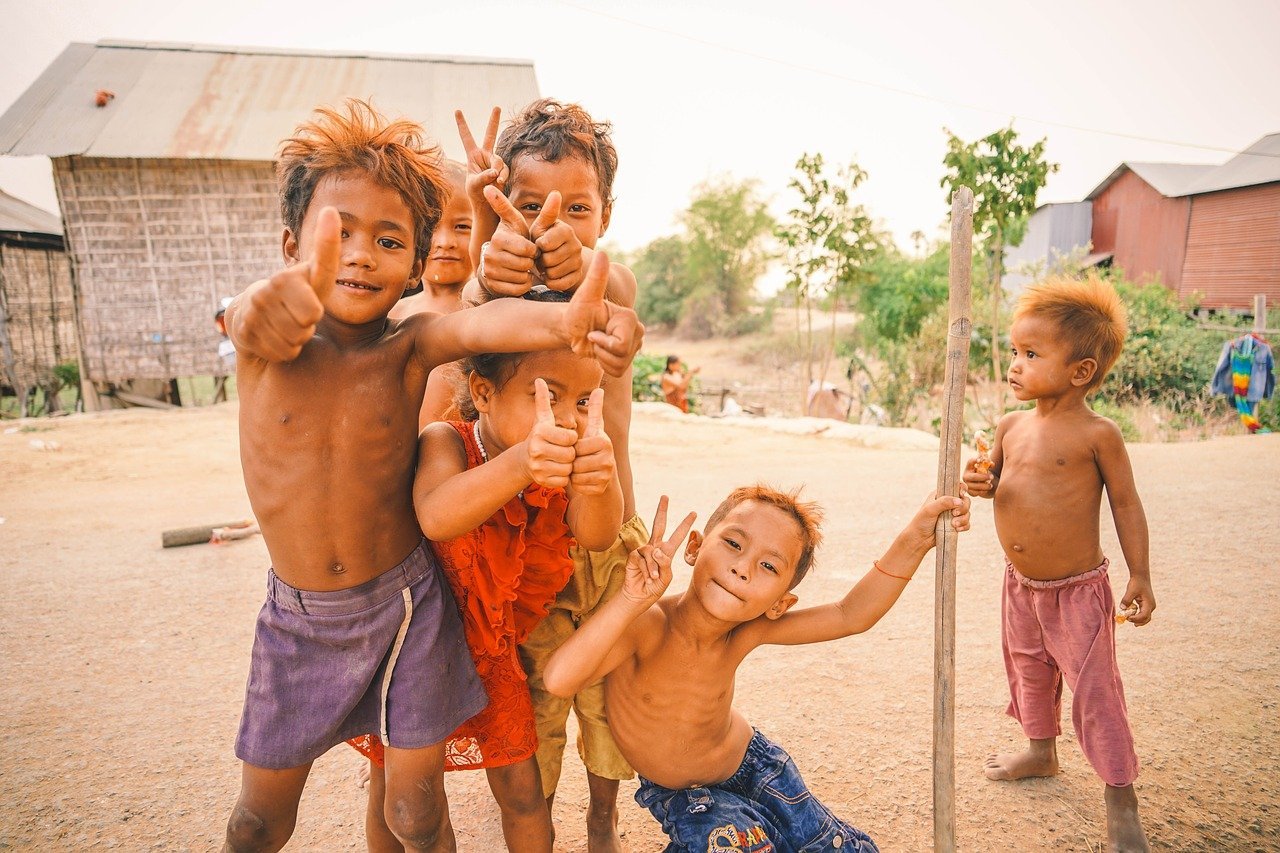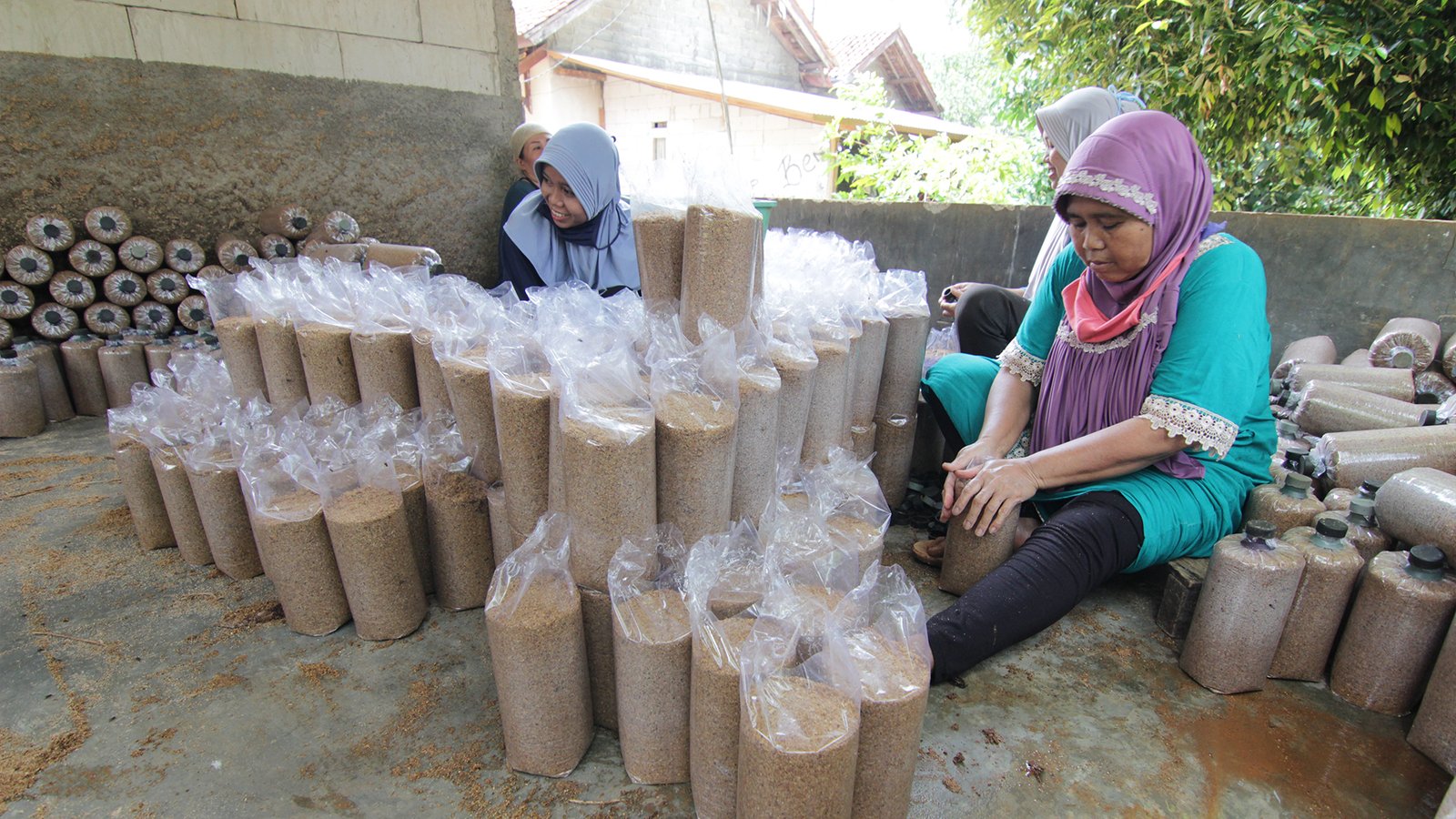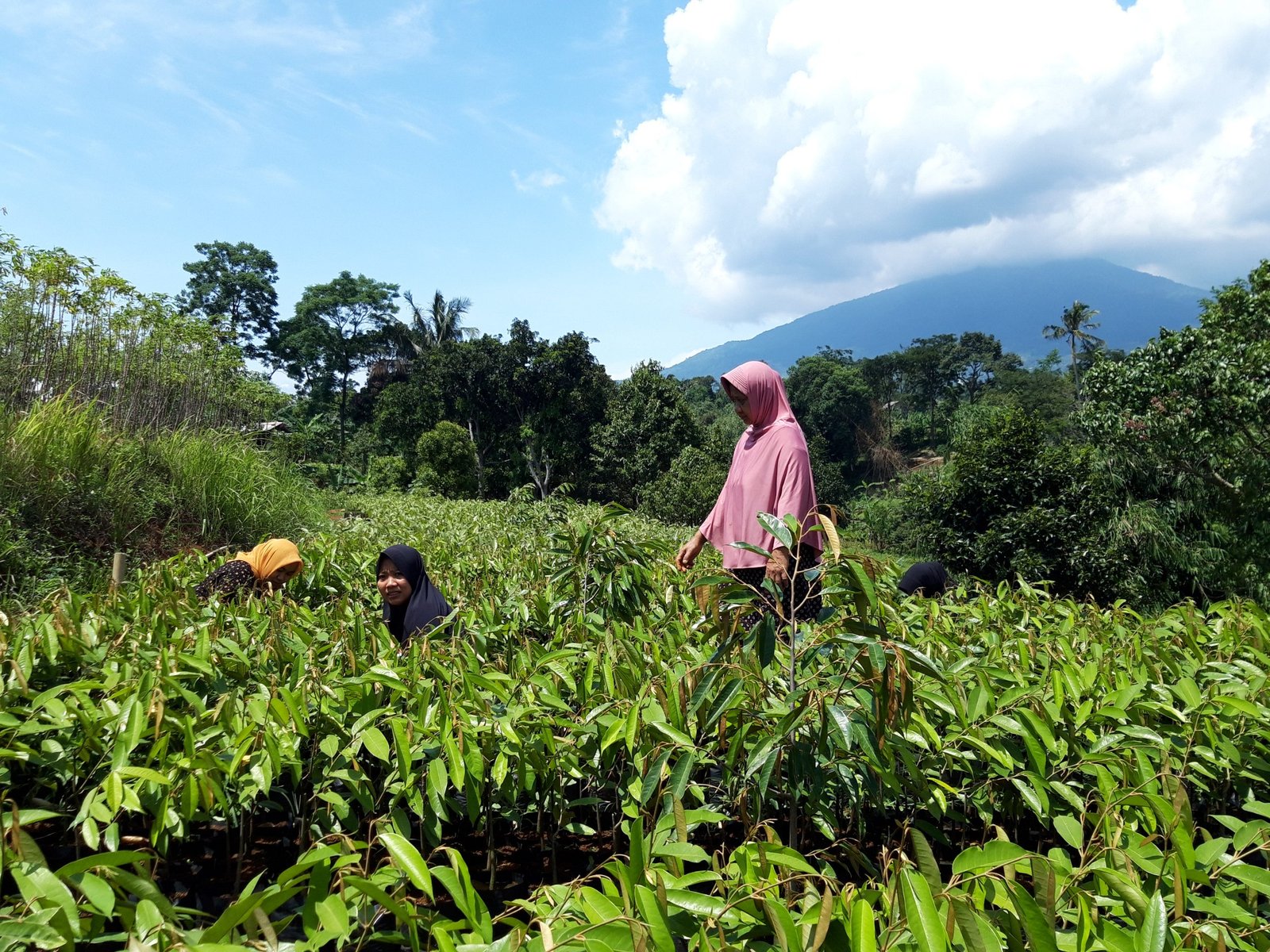Preparing for Indonesia’s golden generation in 2045 is not easy. The reason is, stunting is still a major nutritional problem for infants and children under the age of two in Indonesia. Meanwhile, more severe challenges must be passed during the Covid-19 pandemic which has the potential to cause an increase in poverty, which has an impact on children’s nutritional needs.
This condition must be resolved immediately because it can hamper the achievement of the National SDGs goals and the momentum of Indonesia’s golden generation in 2045. The importance of child growth for the nation’s future has made President Joko Widodo target the stunting rate to drop to 14 percent in 2024.
Preparing for Indonesia’s golden generation in 2045 is not easy. The reason is, stunting is still a major nutritional problem for infants and children under the age of two in Indonesia. Meanwhile, more severe challenges must be passed during the Covid-19 pandemic which has the potential to cause an increase in poverty, which has an impact on children’s nutritional needs.
This condition must be resolved immediately because it can hamper the achievement of the National SDGs goals and the momentum of Indonesia’s golden generation in 2045. The importance of child growth for the nation’s future has made President Joko Widodo target the stunting rate to drop to 14 percent in 2024.

Experts’ predictions are said that the stunting rate in 2021 will be 32.5%. Therefore, BKKBN will intervene in stunting prevention with fundamental changes in stunting data collection from at-risk families, assistance to prospective families since pre-marriage, and plenary assistance to families with pregnant women or children under the age of two.
“Plenary assistance is not only carried out from the medical side but also assistance from sensitive and specific factors,” he said.
For this reason, during the pre-wedding period, exactly three months before marriage, BKKBN will monitor the health of the bride and groom. From this monitoring, it can be seen that if it does not meet sufficient health requirements, it is recommended to improve its health first.
According to her, many Indonesian women during pregnancy are not ready so they have the potential to give birth to stunted children. For this reason, BKKBN launched a ready-to-marry program and in the future prospective couples of childbearing age or brides-to-be must register their wedding day three months in advance.
“It means that in terms of anemia, he is no longer anemic, healthy, and ready. Because so far 37% of our teenage girls are anemic. Since before marriage, we have been screening, then when married she is pregnant, of course then we expect her ANC to be monitored, and after giving birth we expect to immediately follow the family planning program, “she explained.
Sri Kusyuniati, Country Director of Indonesia of Nutrition International on the occasion also argued that the most crucial problem in anemia is the brain, where the coginis becomes very low.
“The structure of the brain looks very sparse, while the well-nourished, dense brain. This means that if 1000 HPK is not pursued so that it is permanent and irreversible, then the quality of the cognition is low, not intelligent, so it becomes a burden on the state, “he said.
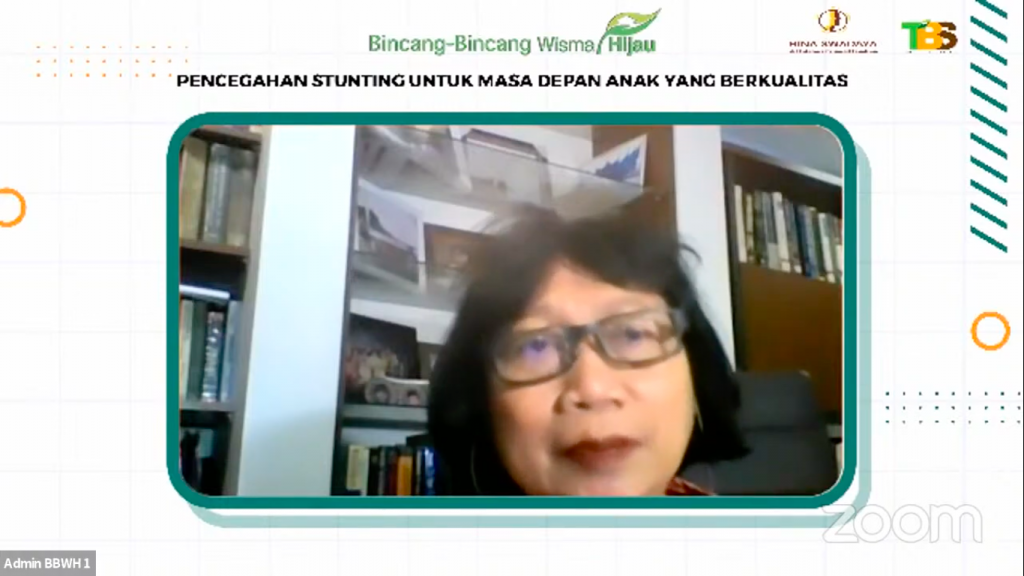
In addition, it is believed that several indirect anemia factors occur in adolescents related to the perception of thin body image height slim is the perfect form. This is what has an impact on teenagers afraid of fat to limit foods that are nutritious for the body.
“On the other hand, the food available today is not nutritious, such as Caringbah, these kinds are not nutritious at all,” he said.
Lalu Makripuddin conveyed that to reduce stunting rates, BKKBN targets adolescents and breastfeeding mothers. Meanwhile, specific nutritional interventions are emphasized on the first 1000 days of life (HPK) which are generally carried out by the health sector.
From nutrition-sensitive interventions, emphasis is aimed at various development activities outside the health sector targeting the general public. Not to forget, he also invited all partners to work together to reduce stunting.
“We all expect everyone to be involved and need a lot of partners. We strive for 1000 partners maybe the first 1000 days of life. So the emphasis for stunting prevention will be very focused on the first 1000 days of life and requires many partners,” he said.
“At the village level we train 600, 1000 cadres of family companions who will accompany families from brides-to-be to pregnancy, childbirth, to toddlers aged two years,” he continued.
Gempur Stunting
Melky Koli Baran, Director of the East Flores Social Assessment and Development Foundation (YPPS) on the same occasion also said that the stunting rate can decrease if it starts from the village because stunting children are in villages.

According to him, handling stunting, especially in East Flores, must be carried out from upstream to downstream. Knowledge about stunting must have the same understanding from the local government to the community.
Research on stunting conducted by Melky Koli in East Flores finally bore fruit. He was able to convince the Regent that stunting must end in his area and be included in the Regency program.
“Finally, the government slowly agreed, until we reached the final stage of agreeing to make a district declaration saying that stunting must be attacked by all parties,” he said.
The declaration forum, which was attended by 600 people and preceded by a public lecture on food and nutrition on November 16, 2018, became a common understanding that stunting must be attacked in East Flores. Since the stunting onslaught, starting in 2019 the local government has been actively conducting counseling on stunting campaigns from village to village carried out by various parties.
“We go to the village, all elements are presented, pregnant women, young mothers, posyandu, homestead dasa, village government, all together carry out the 1000 days of life campaign. Also, joint action to build village gardens,” he said.
Melky Koli revealed that the biggest challenge that was reflected during the campaign was lifestyle, followed by knowledge and understanding of education about nutrition.
“Another challenge is that in East Flores the area is dry so talking about food is our challenge in crop failure due to drought. What we are doing now is we are facilitating the community to learn from this situation and adaptations such as sorghum which is one type of plant that adapts very well to less rain or limited water,” he said.
Posyandu must remain open
On another occasion, the program of community mobilization activities at Posyandu by the Ministry of Health (Kemenkes) in collaboration with Bina Swadaya Konsultan also supports the reopening of Posyandu with the implementation of strict health protocols (health protocols).
The operationalization of the reopening of Posyandu Sari Kemuning 1 and Sari Mawar 3 in Bekasi Regency by referring to the Operational Guidelines for Health Efforts at Integrated Service Posts in New Habit Adaptation shows that the protocol is safe and can be implemented.
Rizkiyana Sukandhi Putra, Director of Health Promotion and Community Empowerment of the Ministry of Health at the opening of the Posyandu emphasized that whatever the zone is, the Posyandu must run. According to him, if the Posyandu is not running, it can delay monitoring the health of infants or toddlers in the first 1000 days.


